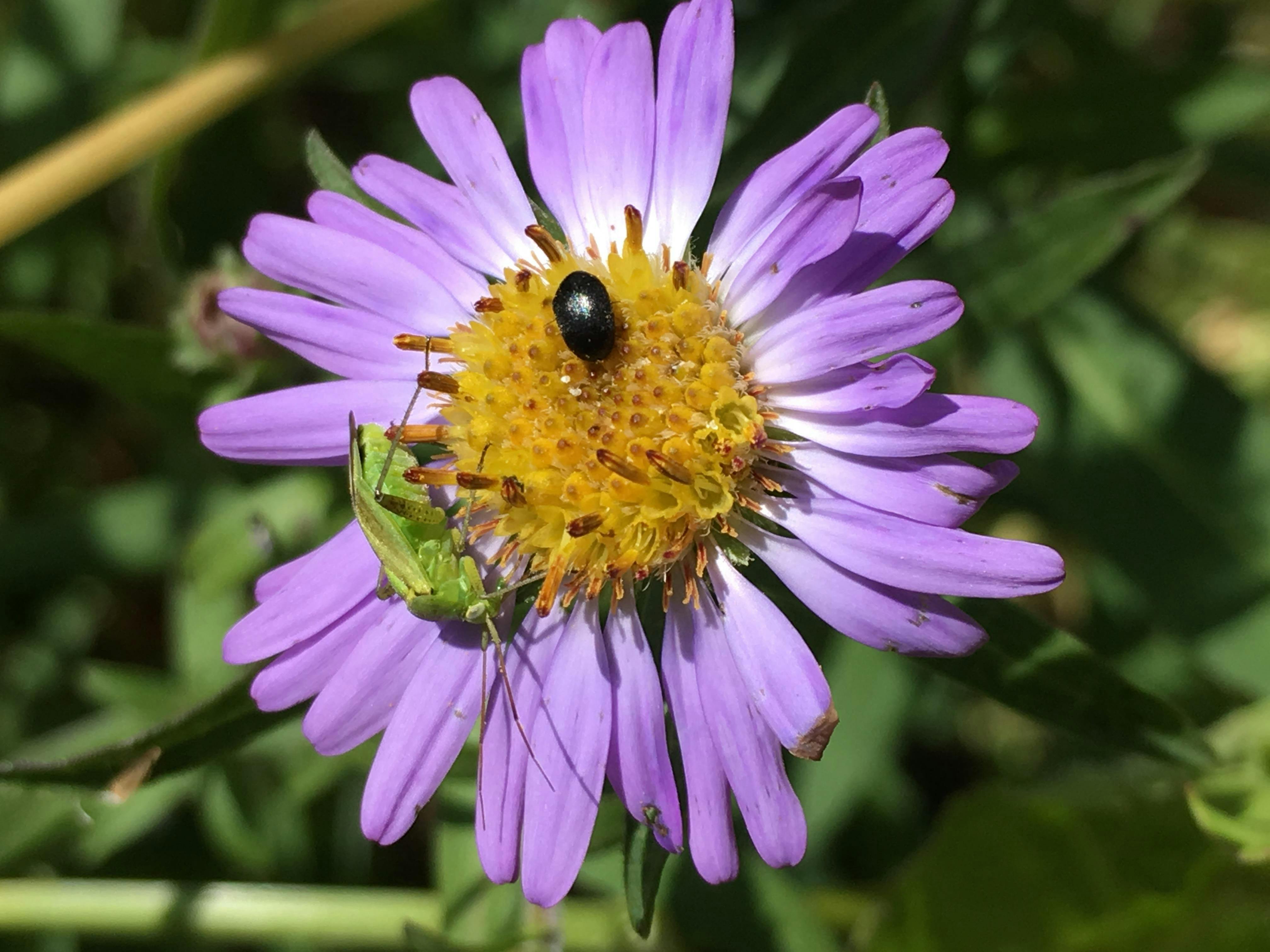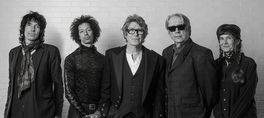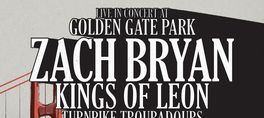Thu August 1, 2019
Insect Apocalypse? Is insect biodiversity and biomass declining?
SEE EVENT DETAILS
Speaker: Dr. Leslie Saul-Gershenz
Dr. Leslie Saul-Gershenz is Associate Director of Research, Wild Energy Initiative of the John Muir Institute of the Environment at UC Davis where she researches native solitary bees and their nest parasites. She will discuss several recent studies that have documented a large decline in insect abundance, biodiversity, and biomass in Europe, Puerto Rico, and California, looking at changes in insect populations over a 30-year period. Each study used different methodologies and pointed to different causes of declines. She will also speak about her current bee study to understand the impact of utility-scale solar energy development in California’s deserts, and look at how activities outside protected areas affect protected areas, such as national parks and reserves. Insects, plants, and underground resources are inseparable within their ecosystems; conservation management policies need to reflect these complex relationships.
Leslie studies the chemical ecology, pollination ecology, and complex parasite-host interactions of solitary native bees and their nest parasites across the western US, including the Mojave Desert, the coastal sand dunes of Oregon, and eastern Washington. She has also collaborated on a bee inventory in the Mojave Desert, providing evidence that this amazing ecosystem is a biological hotspot for both native bees and plants; they found at least 170 species of bees in the intersection between the Mojave and Sonoran Deserts.
show less
Dr. Leslie Saul-Gershenz is Associate Director of Research, Wild Energy Initiative of the John Muir Institute of the Environment at UC Davis where she researches native solitary bees and their nest parasites. She will discuss several recent studies that have documented a large decline in insect abundance, biodiversity, and biomass in Europe, Puerto Rico, and California, looking at changes in insect populations over a 30-year period. Each study used different methodologies and pointed to different causes of declines. She will also speak about her current bee study to understand the impact of utility-scale solar energy development in California’s deserts, and look at how activities outside protected areas affect protected areas, such as national parks and reserves. Insects, plants, and underground resources are inseparable within their ecosystems; conservation management policies need to reflect these complex relationships.
Leslie studies the chemical ecology, pollination ecology, and complex parasite-host interactions of solitary native bees and their nest parasites across the western US, including the Mojave Desert, the coastal sand dunes of Oregon, and eastern Washington. She has also collaborated on a bee inventory in the Mojave Desert, providing evidence that this amazing ecosystem is a biological hotspot for both native bees and plants; they found at least 170 species of bees in the intersection between the Mojave and Sonoran Deserts.
Speaker: Dr. Leslie Saul-Gershenz
Dr. Leslie Saul-Gershenz is Associate Director of Research, Wild Energy Initiative of the John Muir Institute of the Environment at UC Davis where she researches native solitary bees and their nest parasites. She will discuss several recent studies that have documented a large decline in insect abundance, biodiversity, and biomass in Europe, Puerto Rico, and California, looking at changes in insect populations over a 30-year period. Each study used different methodologies and pointed to different causes of declines. She will also speak about her current bee study to understand the impact of utility-scale solar energy development in California’s deserts, and look at how activities outside protected areas affect protected areas, such as national parks and reserves. Insects, plants, and underground resources are inseparable within their ecosystems; conservation management policies need to reflect these complex relationships.
Leslie studies the chemical ecology, pollination ecology, and complex parasite-host interactions of solitary native bees and their nest parasites across the western US, including the Mojave Desert, the coastal sand dunes of Oregon, and eastern Washington. She has also collaborated on a bee inventory in the Mojave Desert, providing evidence that this amazing ecosystem is a biological hotspot for both native bees and plants; they found at least 170 species of bees in the intersection between the Mojave and Sonoran Deserts.
read more
Dr. Leslie Saul-Gershenz is Associate Director of Research, Wild Energy Initiative of the John Muir Institute of the Environment at UC Davis where she researches native solitary bees and their nest parasites. She will discuss several recent studies that have documented a large decline in insect abundance, biodiversity, and biomass in Europe, Puerto Rico, and California, looking at changes in insect populations over a 30-year period. Each study used different methodologies and pointed to different causes of declines. She will also speak about her current bee study to understand the impact of utility-scale solar energy development in California’s deserts, and look at how activities outside protected areas affect protected areas, such as national parks and reserves. Insects, plants, and underground resources are inseparable within their ecosystems; conservation management policies need to reflect these complex relationships.
Leslie studies the chemical ecology, pollination ecology, and complex parasite-host interactions of solitary native bees and their nest parasites across the western US, including the Mojave Desert, the coastal sand dunes of Oregon, and eastern Washington. She has also collaborated on a bee inventory in the Mojave Desert, providing evidence that this amazing ecosystem is a biological hotspot for both native bees and plants; they found at least 170 species of bees in the intersection between the Mojave and Sonoran Deserts.
show less
Date/Times:
1199 9th Avenue, San Francisco, CA 94122
The Best Events
Every Week in Your Inbox
From Our Sponsors
UPCOMING EVENTS
Great suggestion! We'll be in touch.
Event reviewed successfully.









